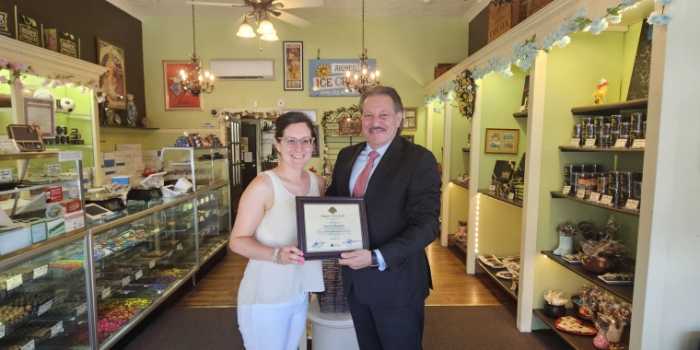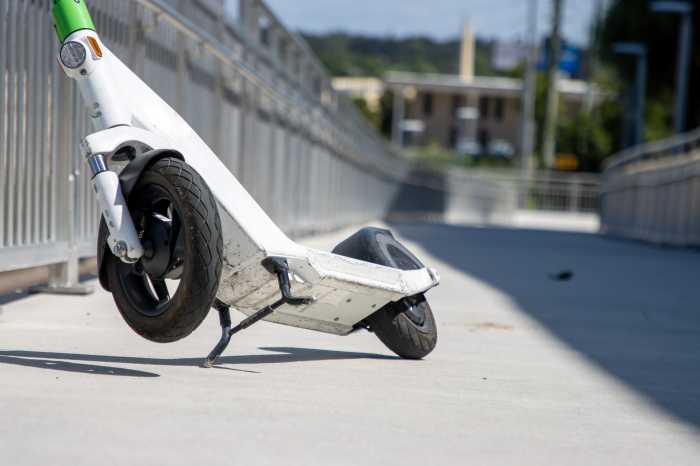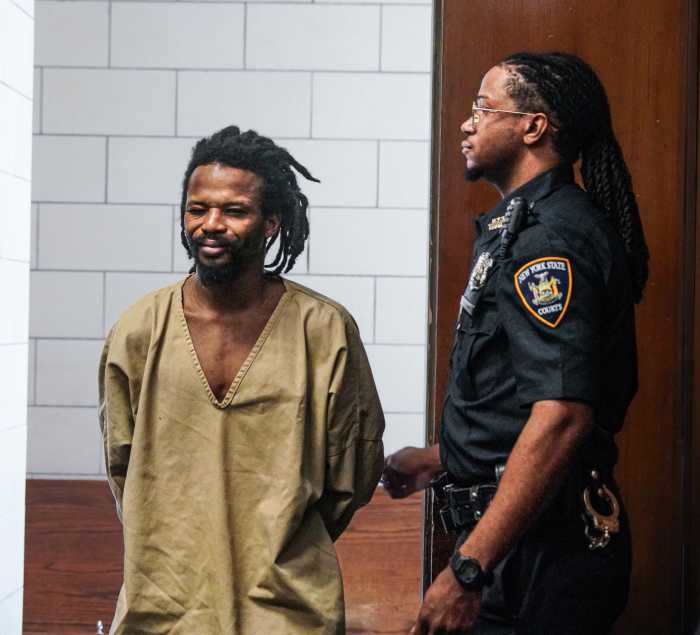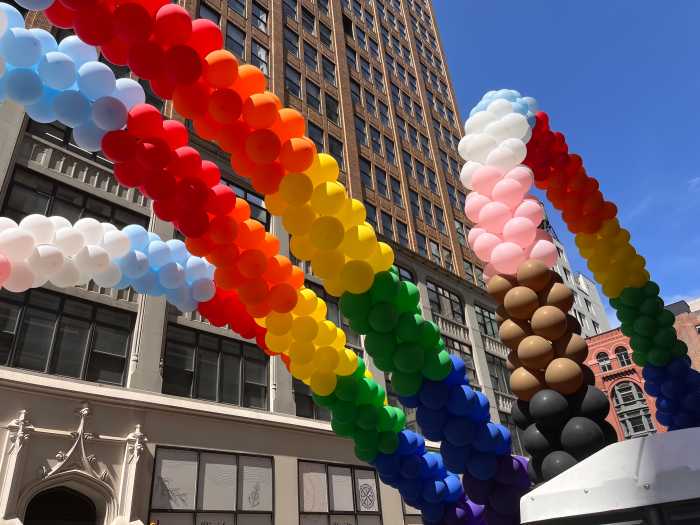By Philip Newman
Relenting after a warning from state Attorney General Andrew Cuomo, the Metropolitan Transportation Authority board has abolished free lifetime MetroCards and EZ Passes for MTA board members past and present.
Elliot Sander, the MTA executive director and CEO, told a June 25 board meeting: “There is no admission of guilt or illegality in the past. It feels more important to get past this issue and deal with what's most important, with what's at hand, which is the future of the MTA and the future of this region and it's in that context that we do this.”
The MTA board voted 12-0 to end the free pass policy.
Cuomo said the free passes were illegal because the MTA board members serve without compensation.
The board originally planned to go to court to challenge Cuomo, but then reversed itself amid a public outcry, although a vote by the board was required.
Under the MTA's new rules, board members may use their passes only for MTA activities and all passes given to former board members will be rescinded. Police-issued placards entitling board members to parking spaces also will be revoked.
Warren Dolny of the Bronx came to the MTA meeting to protest the abolition of the transit passes.
“How can you take away something you gave to somebody?” Dolny, 79, asked the board. He said he might sue over the matter.
Gene Russianoff, attorney for the transit activist group Straphangers Campaign, chastised the board.
“The composition of the MTA board is unrepresentative of the riders who use your system — whether it's by income, gender or race. No wonder your customers and their elected officials howled when they heard that MTA board members were exempted from feeling the impact of fare and toll hikes for life.”
MTA Chairman Dale Hemmerdinger suggested that the press had caused the furor.
“You have made an issue of whether people get a free ride or not and that took the focus off of the other issues facing the MTA, which are how we're going to fund mega projects and how we're going to continue funding service for 8.5 million New Yorkers,” Hemmerdinger said, speaking to news reporters after the meeting.
As to the makeup of the MTA board raised by Russianoff, Hemmerdinger is a multimillionaire, as was his predecessor, Peter Kalikow. Several other board members are millionaire entrepreneurs or top-level executives. The family of another owns a trucking company.
“You're appointing officials — the governor, mayor and suburban county executives — must commit to more diversity in their nominees to the board,” Russianoff said. “And they must find ways to make sure that all board members regularly use transit.”
Other issues took a back seat at the meeting.
Sander said last week that a fare increase looms larger if the state Legislature does not come through with millions of dollars to help offset a predicted deficit of $14 billion through 2013.
The MTA has already decided to sideline rehabilitation on 19 subway stations along with various kinds of repair work and tunnel lighting.
The transit agency had sailed along financially the past few years, helped greatly by cash from fees from a sizzling real estate market, which has now cooled.
The MTA's problems have also worsened because of skyrocketing costs of concrete and steel and the rising cost of diesel fuel.
Reach contributing writer Philip Newman by e-mail at news@timesledger.com or by phone at 718-229-0300, Ext. 136.


































